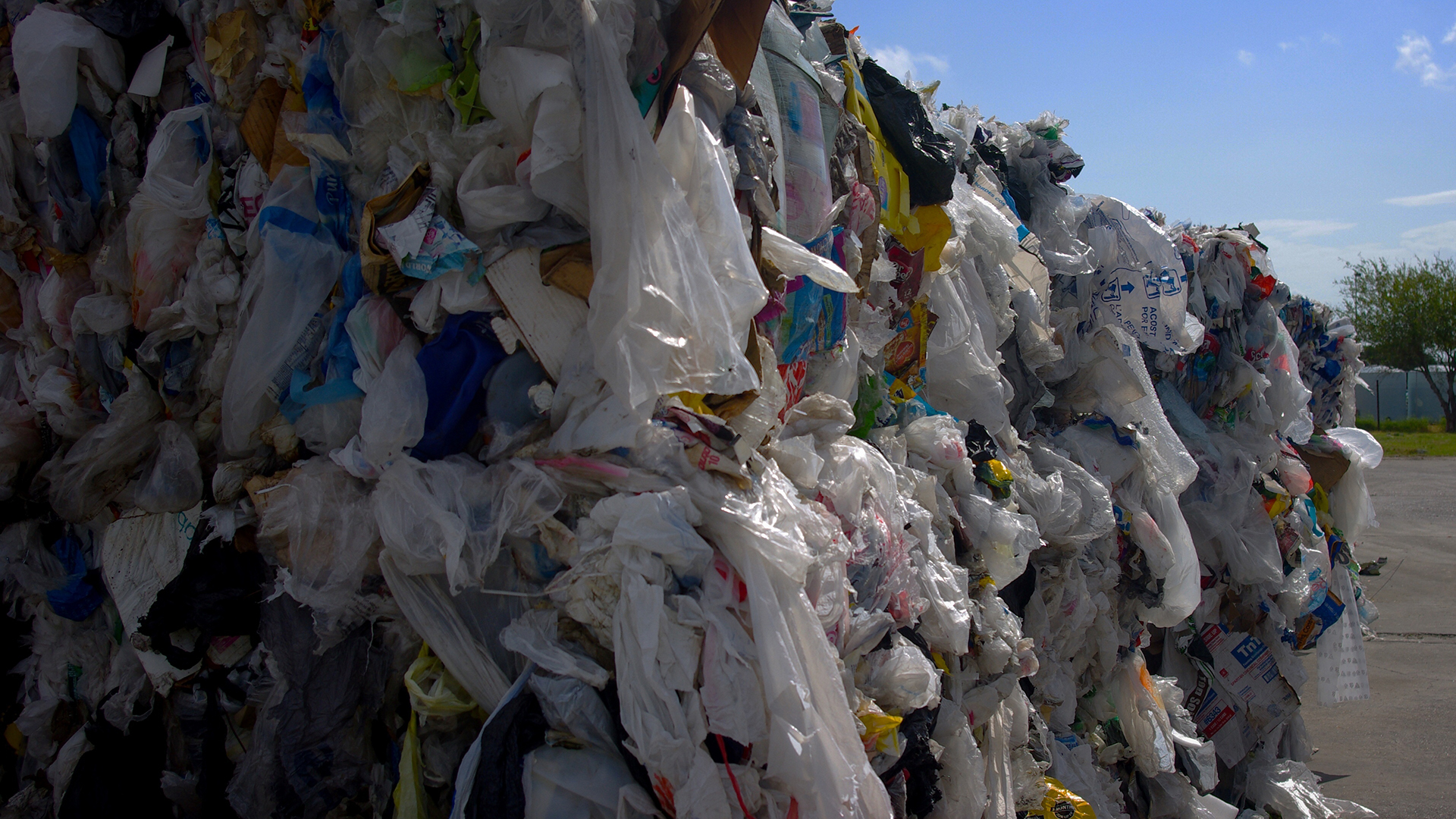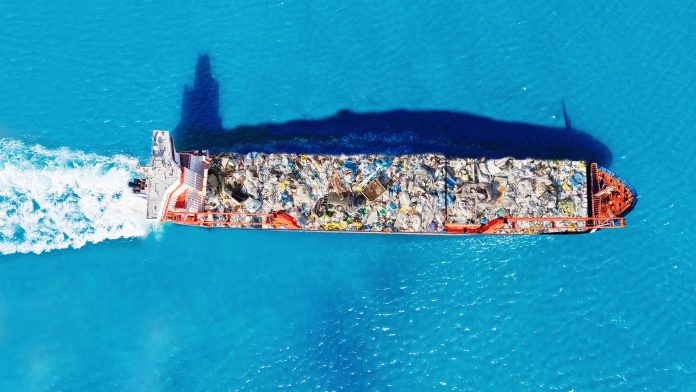The EU has unveiled plans to clamp down on plastic waste exports, introducing stronger regulations for waste shipments.
The European Parliament and Council reached a provisional agreement that will revise plastic waste procedures and control measures across the EU on Thursday.
The new law will provide more robust measures to tackle the plastic waste burden, helping to protect human and environmental health more effectively.
As one of the largest plastic waste producers, the regulations will contribute to the EU’s targets of climate neutrality, a circular economy, and zero pollution.
The burden of EU plastic waste exports
According to the Environmental Investigation Agency, the EU exported more than one million tonnes of plastic waste to countries where plastic waste exports are mismanaged, dumbed, or openly burnt in 2022.
Moreover, 50% went to non-OECD countries – countries that are not members of the Organisation for Economic Cooperation and Development – such as Vietnam, Malaysia, and Thailand.
This is detrimental for several reasons, as it shifts the burden of waste management onto less economically developed nations, often with inadequate infrastructure and regulations to handle it responsibly.
This can lead to environmental degradation, as poorly managed waste may end up polluting waterways, soil, and marine ecosystems.
The new EU regulations aim to reduce these potentially harmful exports.
What are the new waste laws?
The EU regulations mandate that certain non-hazardous wastes destined for recovery can only be exported to non-OECD countries if they consent and adhere to environmental and labour standards. A list of these countries will be established every two years.

Parliament has imposed a ban on exporting plastic waste to non-OECD countries within two and a half years of the regulation’s enforcement. Stricter conditions apply to exports to OECD countries, including prior notification, consent, and compliance monitoring.
Enhanced intra-EU waste shipment rules
Most waste shipments within the EU for disposal are prohibited, with exceptions under specific circumstances. Strict requirements for notification, consent, and information exchange will now be enforced for waste intended for recovery.
Moreover, within two years of enactment, the law mandates the digitalisation of waste shipment information within the EU. A centralised electronic hub will facilitate improved reporting and transparency.
Rapporteur Pernille Weiss (EPP, DK) commented on the new regulations: “The result of our negotiations will bring more certainty to Europeans that our waste will be appropriately managed no matter where it is shipped.
“The EU will finally assume responsibility for its plastic waste by banning its export to non-OECD countries. Once again, we follow our vision that waste is a resource when it is properly managed but should not in any case be causing harm to the environment or human health.”
Preventing and detecting illegal shipments
An enforcement group will be established to enhance cooperation among EU member states in preventing and detecting illegal waste shipments. The European Commission, in collaboration with national authorities, will conduct inspections in cases of suspected illegal trafficking.
The Parliament and EU will now work to formally approve the agreement before it comes into force.









